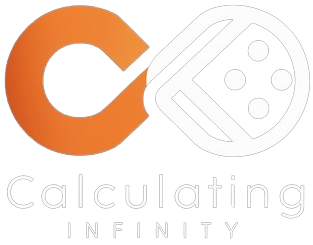The Stanford Blockchain Membership has issued a scathing critique of the US Division of Justice’s (DOJ) prosecution of Twister Money builders Roman Storm and Roman Semenov, calling it an overreach of outdated federal cash transmission legal guidelines.
In its report, titled “Tornado Cash and the Boundaries of Money Transmission,” the membership challenged the DOJ’s use of 18 U.S.C. § 1960, a statute aimed toward unlicensed money-transmitting companies, to cost the builders of Twister Money, a decentralized Ethereum-based protocol.
The DOJ’s 2023 indictment labeled Twister Money an “unlicensed money transmitting business” for enabling customers to anonymize crypto transactions.
The Stanford Blockchain Membership argued that the statute, written earlier than the appearance of blockchain know-how, fails to handle the nuances of decentralized protocols like Twister Money, which function by immutable good contracts with out intermediaries or custodians.
In keeping with the report:
“The DOJ’s aggressive application of 18 U.S.C. § 1960 raises broader questions about the risks of stretching statutory language to cover novel technologies. This approach invites unelected officials and the judiciary to overstep their constitutional bounds, bypassing Congress’ authority to legislate.”
The report emphasised the constitutional implications of utilizing govt enforcement to control rising applied sciences. It warned that such actions circumvent the democratic course of and danger stifling innovation by conflating authorized use instances of privacy-preserving instruments with illicit exercise.
Stanford College, recognized for its management in each authorized and technological innovation, has a historical past of partaking with advanced regulatory challenges. The blockchain membership’s report continues this custom by delving into the stress between privateness rights and regulatory oversight within the digital finance house.
The Twister Money case highlights a rising debate about monetary privateness and the chance of those new applied sciences being misused by unhealthy actors.
Advocates, together with the Stanford Blockchain Membership, argue that protocols like Twister Money fulfill legit privateness wants by permitting people to guard their identities in transactions. In the meantime, critics contend that such instruments facilitate cash laundering and different unlawful actions.
The report’s launch marks a major contribution to ongoing discussions about how the US authorized system can adapt to DeFi applied sciences. It stays to be seen whether or not the judiciary will think about such critiques because it continues to grapple with the complexities of blockchain regulation.


